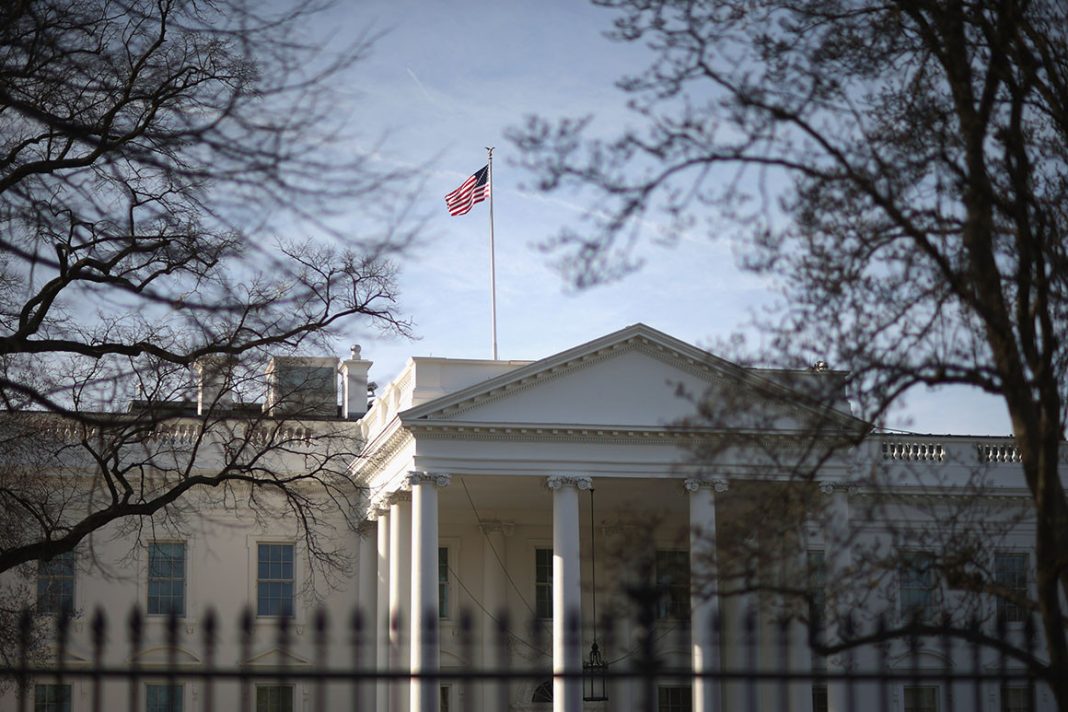Blinken was taking part in a conversation at the Council on Foreign Relations in New York on Wednesday when he was asked if the US should adopt a policy of regime change in Iran.
“I think if we look at the last 20 years, our experiments in regime change have not exactly been resounding successes,” Blinken stated, remarks that were met with laughter from the audience.
The secretary of state attributed the failure to the absence of diplomatic relations between Washington and Tehran since April 1980, when President Jimmy Carter severed ties with Iran following the 1979 hostage crisis at Washington’s embassy in Tehran.
Blinken highlighted the “complicated” dynamics in Iran, noting that the US in many ways is “not the best source of a clear view on that” because the two countries have been disengaged. He claimed that the narrative of opposition to the Islamic Republic is “reflective of at least half the population” but “not as clear-cut as that”.
He did admit that there is a “very conservative element in Iran that’s significant in number that probably remains beholden to the regime”.
He also acknowledged that Washington had tried to stir up Iranian society, noting, however, that “it’s really hard to do from the outside”.
“What we’ve tried to do, at different points in time, is, to the best of our ability, further empower people inside Iran who want a different future for the country – to be able to communicate, to be able to stand up, to be able to have some resources to do that,” the secretary of state continued.
Blinken also suggested that Tehran could be seriously considering developing a nuclear weapon amid increased tensions in the Middle East, adding that the administration of incoming President Donald Trump will have to negotiate with Tehran to prevent it from making a bomb.
Tehran has repeatedly declared that its nuclear program remains purely peaceful as always and that the Islamic Republic had no intention of developing nuclear weapons as a matter of an Islamic and state principal.
Leader of the Islamic Revolution Ayatollah Seyed Ali Khamenei issued an official fatwa (religious decree) clearly establishing that any form of acquisition, development, and use of nuclear weapons violate Islamic principles and are therefore forbidden.
The United States, under Trump, abandoned the nuclear deal in May 2018 and reinstated crippling sanctions that the agreement had lifted.
Last week, the Wall Street Journal reported, citing anonymous sources, that Trump’s transition team is considering options for targeting Iran, including a direct attack on its nuclear facilities.
